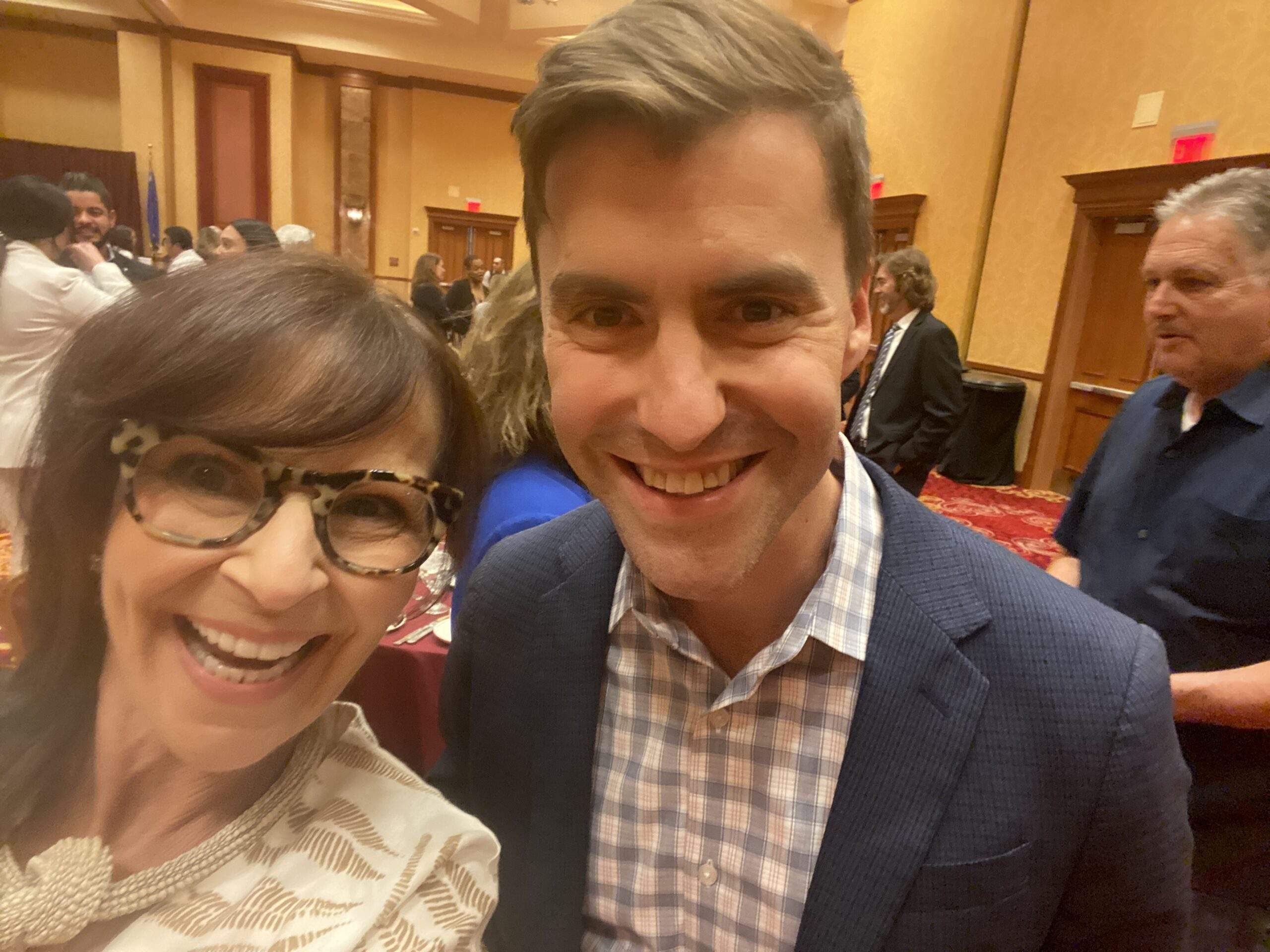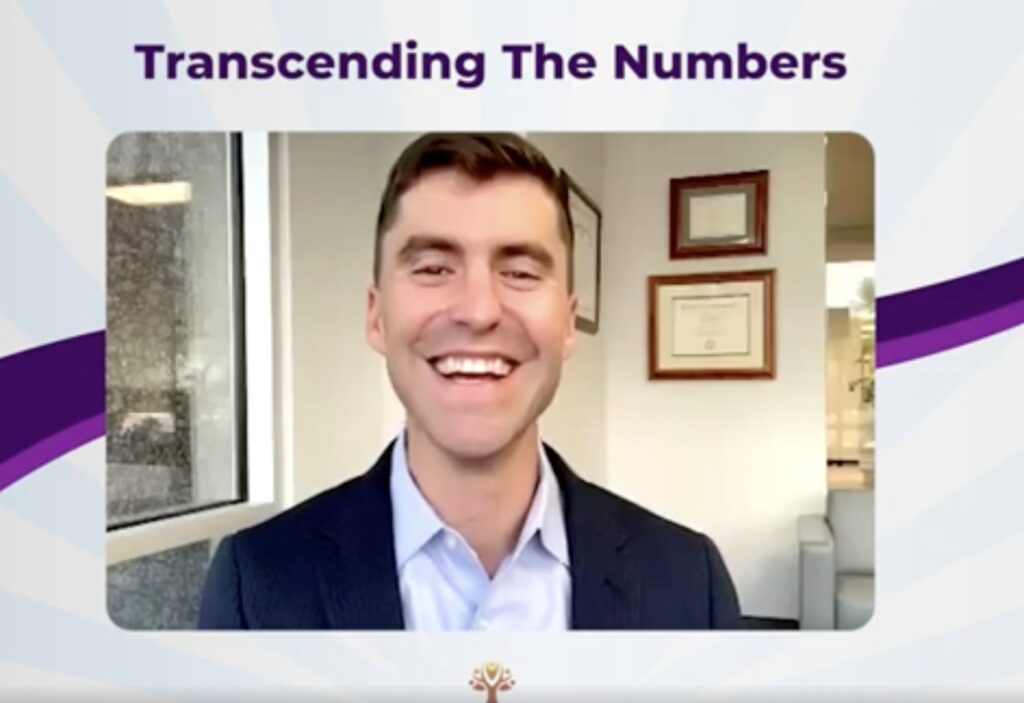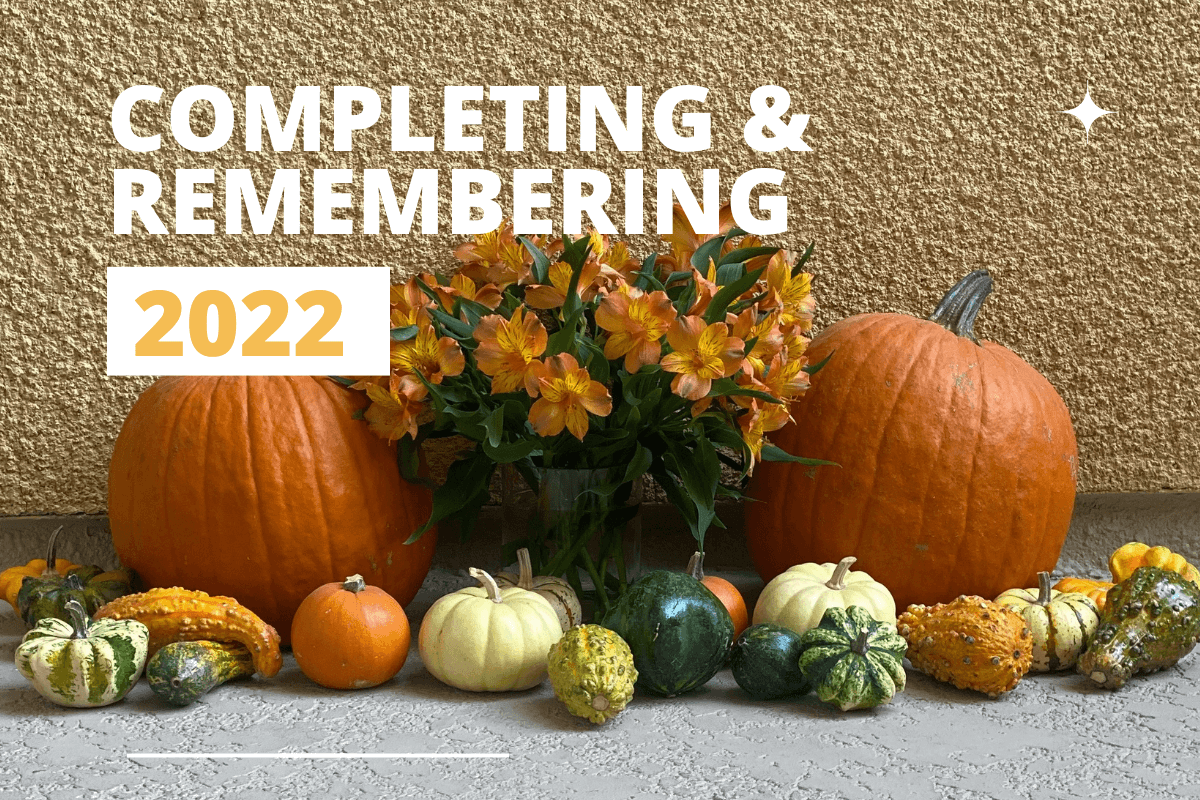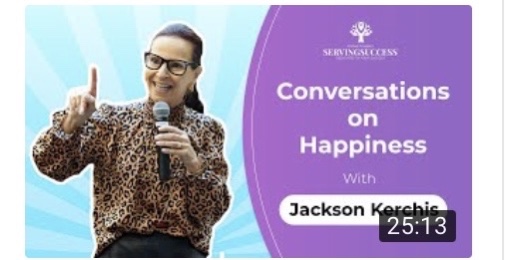Success by the numbers seems like an easy way to measure your current life success. C.J. Neff, Private Wealth Advisor for Hightower Las Vegas, moved beyond the numbers. Yes, it was numbers that got him moving, yet his transition from one satisfying career to another is a model we all could learn from.
I invited C.J. to have a Conversation with me for a number of reasons (no pun intended). First, he is a Millennial who has already prepared and traversed two successful careers in divergently different fields. Second, he is a great example of how our natural VIA strengths transcend our career choices. That line, “no matter where I go, there I am,” is not truer than when you hear how someone uses their strengths at different points and places in their lives.
C.J. proved to be a perfect guest. He was transparent, he was genuine in his assessment of how he moved from one career to the next, and he was vulnerable. As a side note, I would say that these are all qualities I look for when working with someone to guide my financial future. After we spoke, I was drawn to revisit one of my own learning moments and the things I have learned through numbers, positive psychology, and the application of gratitude. I will share those thoughts next.
What I learned about Numbers and Success
Success by the numbers can be counterproductive. Instead of motivating you to achieve and flourish, you may be killing your success with the comparison.
Imagine this scenario. You are in your mid-twenties, and a Type-A business associate you want to impress asks you:
“Do you know your number?”
Thinking the question was odd, I decided to be brave enough to ask what he meant. He explained, “You know the number you need so you never have to take anyone’s crap at work. The number you can walk out the door and not care if it hits you in the backside.” I played along, answering something like $2 million dollars. I grew up at a time when aspiring to be a millionaire was a huge dream. It was also a time of one-phone households, and they were all landlines! When answering the question, I figured if $1 million is good, $2 million must be better. Want to know the present value of my dream number? The present value of $2 M adjusted for inflation is about $6 M in today’s dollars.
The way I remember it, as soon as I answered the question, I was told I was wrong! He told me my number should not be under $10 M (present value of approximately $24 M). I laughed then, and I laugh now.
Do not get me wrong; there is no amount of wealth I would and do not welcome with open arms. I suggest and teach that everyone takes that attitude. For the record, I know I live a really good life, and I do not currently have $24 million. However, I did learn something very important from that conversation. It was the first time I became aware of how comparing what I have or don’t have could negatively affect my thinking and feeling about what I do have. Without knowing it, that question and conversation planted the seed that I did not have ‘enough’ and may never have ‘enough.’
Today, I know and teach comparison kills. Comparison kills your spirit to achieve. Comparison kills your creativity. Comparison kills your ability to be optimistic. Comparison kills your ability to flourish. Yet numbers define every major aspect of our lives. Imagine for a moment the following:
The day you were born.
The first day of school.
The first day you walked.
The date you got married.
The date your first child was born.
How old you are.
How many brothers and sisters you have.
How many years you have been married.
How many children you have.
Your home address.
How many miles you live from work.
How many followers you have on Facebook, Twitter, Instagram, Pinterest, LinkedIn, and
Your IQ.
What do all these questions have in common?
Most of the answers can be described as a number or series of numbers. In subtle and not so subtle ways numbers and their assigned importance have been a part of our lives since we were born.
Quantifying our lives has always been a way of describing our lives. Think of your answers to these questions.
Do you believe it is better to be married 10 years or 40 years?
Do you believe it is better to have finished 8 years of schooling or 12 years of schooling?
Do you believe it is better to have 15 followers or 15,000 followers?
Do you believe it is better to have $15 in the bank or $15,000 in the bank?
When you hear that someone has 10 brothers and sisters do you wonder – are they Catholic; Orthodox Jewish or Mormon? Or maybe poor?
Do you remember saying or hearing a child say, “I am 5 years and 2 months old”?
Good news: Enough is Enough and Gratitude is the New Comparison.
Let’s start with the easy part. The problem is not that someone asked the question or that the question exists. The problem is I — we — have allowed our answers to steal our feelings of accomplishment and satisfaction.
The quick remedy is to not deny that you have a number. Do not deny that you use numbers to measure your life. Instead, face all your self-inflicted numerical comparisons and put them in their place. How? Each day consider using the gap analysis. Instead of thinking you have not achieved your goals, consider how far you have come. Write a statement of gratitude for having come as far as you have. Next, write a statement of gratitude for all those people, places, and things that helped (either negatively or positively) to get you to where you are (read: no matter how far you think it is from where you want to be).
This exercise is about you facing and silencing your inner critic. You face your inner critic because using your mind to create those thoughts keeps you from using your brain power to find solutions to help you achieve what you want presently. You do that by using gratitude to create a positive feeling of accomplishment. Enough is enough. How grateful you teach yourself to be is the new comparison.
Imagine being asked this comparison question, “How many people, places, or things have you been grateful for today?” Now imagine how much positive energy you would create answering that question!





